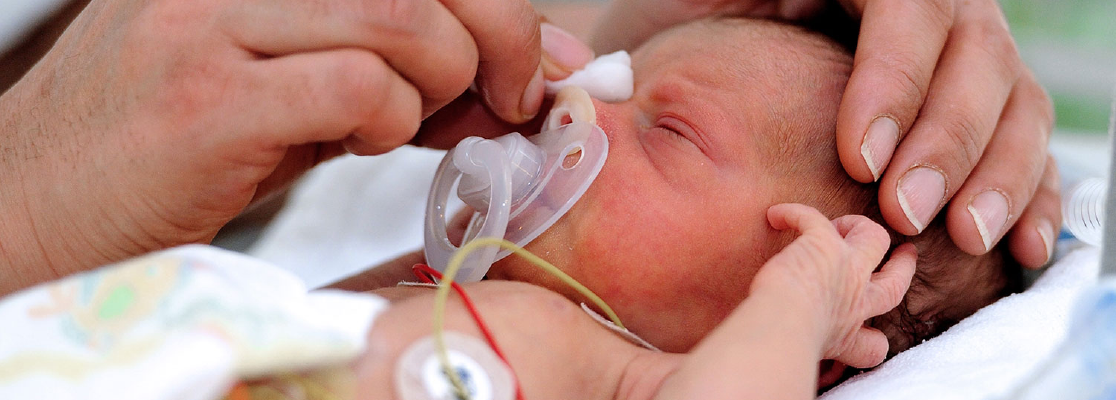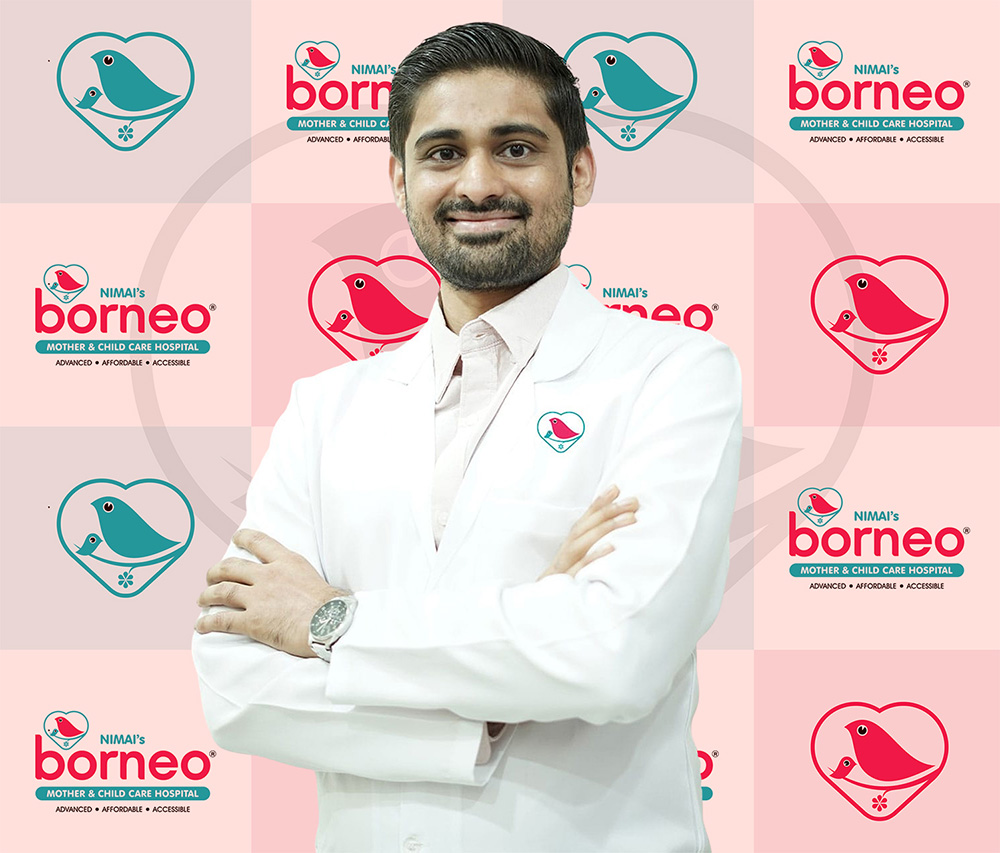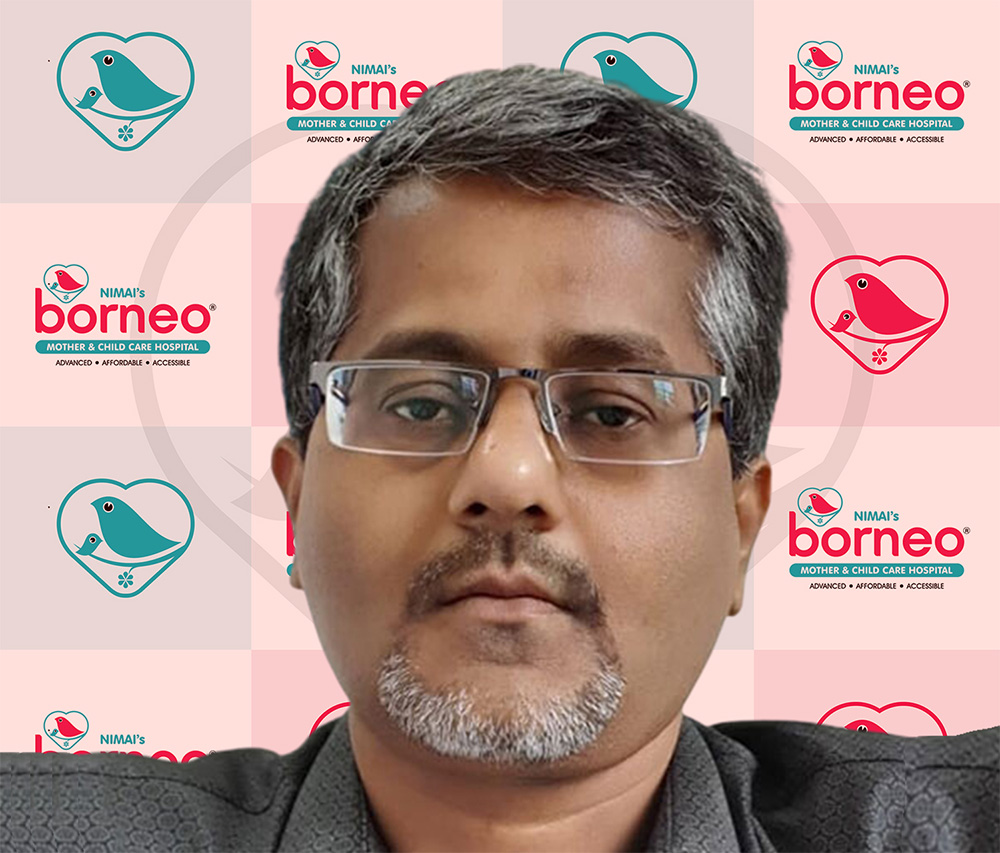
Extreme premature babies (EPBs) are those born before 28 weeks of gestation. They are at high risk of complications, including respiratory distress syndrome, infections, and developmental delays. However, advances in medical care have led to improved survival rates for EPBs in recent years.
Borneo Hospital in Thane, a leading Hospital, introduced specialized Incubators for Extreme Premature babies at its newest facility in Thane.
We understand the critical needs of premature infants who require precise temperature control, monitoring, and supportive care in their delicate early stages of life. Borneo Hospital has equipped its neonatal unit with advanced incubators explicitly designed for extreme premature babies, ensuring optimal growth, development, and recovery conditions.
An incubator for premature babies, also known as a neonatal incubator or isolette, is a medical device that provides a controlled and protective environment for infants born prematurely or with certain medical conditions. These incubators are specifically designed to meet the unique needs of premature babies, who require extra care and support to thrive outside the womb.
Incubators play a vital role in neonatal care. They provide a safe, controlled environment for premature or sick babies who cannot regulate their body temperature. Incubators can also help to prevent infection and provide supplemental oxygen and humidity.
Here are some of the specific roles of incubators in neonatal care:



Speciality: Neonatology
Designation: Consultant Neonatalogist
Thane

Speciality: Neonatology
Designation: Neonatologist
Thane

Speciality: Neonatology
Designation: Neonatologist
Thane